Airlines are the lifeblood of global travel and commerce, playing a crucial role in connecting people and goods across the world. But behind the scenes, the airline industry has long been a battlefield for political debates surrounding nationalization and privatization. These discussions revolve around who should control airlines—governments or private entities—and what impact this control has on passengers, economies, and the industry as a whole.
Nationalization and privatization of airlines have been hotly contested topics, with both sides offering strong arguments for their preferred model of ownership and management. Nationalization often evokes ideas of state control for public interest, while privatization emphasizes market-driven efficiency and competitiveness. As governments around the world grapple with the role of airlines in national infrastructure, the debate between public vs. private ownership continues to evolve, especially in light of recent economic crises and the global pandemic.
In this article, we’ll delve into the core issues driving the political battles over nationalization and privatization in the airline industry. We’ll explore the historical context, the pros and cons of each model, and the broader implications these decisions have on consumers, workers, and economies.
The Historical Context of Airline Nationalization and Privatization
To understand the current political debates, it’s essential to look back at the history of airline ownership. The airline industry’s origins are steeped in government involvement, with many of the world’s oldest carriers having been established as national airlines to serve the public interest.
The Rise of National Airlines
In the mid-20th century, many airlines were founded as national carriers, owned and operated by governments. The reasoning was simple: air travel was seen as critical infrastructure that needed to be developed to support national growth, economic development, and defense capabilities. Countries like the United States, the United Kingdom, and France developed national airlines such as Pan Am, British Airways, and Air France to ensure access to reliable air transportation.
National airlines became symbols of national pride and progress, with governments investing heavily in the development of aviation infrastructure and the expansion of global flight networks. State-owned airlines were also seen as essential for maintaining routes that might not be profitable but were vital for connecting remote or underserved regions.
The Shift to Privatization
By the late 20th century, however, the tides began to shift. Economic liberalization and deregulation trends, especially in the United States and Europe, spurred a wave of airline privatizations. Proponents of privatization argued that government-run airlines were inefficient, overly bureaucratic, and often unprofitable due to political interference. In contrast, private airlines were seen as better equipped to compete in the global marketplace, respond to consumer demand, and cut costs.
The United States led the charge with the Airline Deregulation Act of 1978, which deregulated the airline industry and set the stage for the privatization of many national carriers around the world. In the years that followed, iconic airlines like British Airways and Lufthansa transitioned from government ownership to publicly traded companies.
Today, the majority of airlines operate as private companies, but the debate over whether airlines should be publicly or privately owned remains relevant, especially in light of economic crises and government bailouts of struggling airlines.
The Case for Airline Nationalization
Proponents of nationalizing airlines argue that air travel is a public good that should be controlled by the government to ensure equitable access, safety, and long-term stability. Nationalization can offer several key benefits:
1. Ensuring Public Service and Connectivity
One of the most compelling arguments for nationalizing airlines is that air travel is essential for maintaining connectivity within a country. In many nations, particularly those with large geographic areas or remote regions, private airlines may not find certain routes profitable enough to maintain. Nationalized airlines, however, can prioritize public service over profitability, ensuring that all citizens have access to air travel.
For example, in countries like Canada and Australia, where vast distances separate rural communities from urban centers, national airlines play a crucial role in connecting people and providing essential transportation services. A privately owned airline might cut these routes due to low demand, but a government-owned airline would continue operating them as a public service.
2. Economic Stability and Job Protection
Nationalized airlines are often seen as a way to protect jobs and provide economic stability during times of crisis. Governments that own airlines can act as employers of last resort, keeping workers employed and preventing massive layoffs during downturns in the aviation industry. This was particularly evident during the COVID-19 pandemic, when many private airlines struggled to stay afloat, and governments around the world intervened with financial support to prevent the collapse of their national carriers.
For countries where the airline industry is a significant part of the economy, nationalization offers a way to safeguard jobs, maintain control over vital infrastructure, and ensure that the industry continues to function even in tough economic times.
3. Control Over National Security and Strategic Interests
Airlines are not just commercial entities—they also play a vital role in national security and strategic interests. A nationalized airline can be easily mobilized by the government during times of crisis, whether to evacuate citizens from conflict zones, deliver humanitarian aid, or support military operations. The close relationship between a national airline and the government allows for greater coordination in responding to national emergencies.
Countries that prioritize national security as part of their aviation strategy often favor nationalized airlines because they can be controlled directly by the state, without the need to rely on private sector cooperation.
4. Consumer Protections and Fair Pricing
Government ownership can also ensure that air travel remains affordable and accessible for all citizens, rather than being subject to the fluctuations of the market. Nationalized airlines can offer standardized pricing across routes, regardless of profitability, ensuring that underserved regions are not left behind. Additionally, government oversight can lead to stricter consumer protections, such as better compensation for flight delays and cancellations, as well as enhanced safety standards.
The Case for Airline Privatization
On the other hand, advocates of privatization argue that the airline industry is best served by market competition and private ownership, which can drive innovation, reduce costs, and improve overall service. Here’s why many believe privatization is the better option:
1. Efficiency and Cost Control
One of the strongest arguments for privatization is that privately owned airlines tend to be more efficient and better at controlling costs than government-run entities. When airlines are privately owned, they have a direct incentive to streamline operations, cut unnecessary expenses, and improve profitability. This often results in lower ticket prices for consumers and more competitive service offerings.
In contrast, nationalized airlines are often burdened by political interference and bureaucracy, which can lead to inefficiencies and wasteful spending. Privatization allows airlines to operate with greater flexibility, making it easier to adapt to changes in the market and to improve the overall customer experience.
2. Innovation and Customer Experience
Privatization also encourages innovation within the airline industry. Private airlines are more likely to invest in new technologies, improve their fleet, and enhance the in-flight experience to attract customers in a competitive marketplace. Whether it’s the introduction of premium economy cabins, in-flight Wi-Fi, or improved loyalty programs, private airlines are constantly innovating to meet customer demand.
In contrast, nationalized airlines may have less incentive to innovate, as they don’t face the same competitive pressures. The result is that private airlines often lead the way in offering a superior travel experience, while nationalized airlines can lag behind in terms of modernization.
3. Market Competition Benefits Consumers
Privatization promotes healthy competition among airlines, which ultimately benefits consumers by driving down prices and increasing the quality of service. In a privatized and deregulated market, multiple airlines compete for customers, offering a range of services at different price points. This competition keeps prices in check and encourages airlines to constantly improve their offerings.
The United States is a prime example of how competition between private airlines has resulted in a dynamic and competitive marketplace. Low-cost carriers like Southwest Airlines and JetBlue have pushed traditional carriers like American Airlines and Delta to lower their fares and improve their services in order to retain market share.
4. Reduced Financial Burden on Taxpayers
Another key argument for privatization is that it reduces the financial burden on taxpayers. Nationalized airlines often require significant government subsidies to stay afloat, particularly if they are unprofitable or forced to operate unprofitable routes. This can result in taxpayers footing the bill for inefficiencies and financial losses within the airline.
Privatized airlines, on the other hand, are responsible for their own financial sustainability. If a private airline fails, it’s the shareholders—not taxpayers—who bear the brunt of the losses. In a privatized system, airlines are incentivized to run more efficiently and be financially accountable for their operations.
Recent Political Battles: Nationalization vs. Privatization in the Modern Era
The debate over nationalization versus privatization has flared up in recent years, particularly during times of crisis. The COVID-19 pandemic, in particular, highlighted the vulnerabilities of the global airline industry, leading to renewed calls for nationalization in some countries, while others doubled down on privatization.
COVID-19 and Government Bailouts
During the pandemic, many airlines faced financial ruin as travel demand plummeted. Governments stepped in with massive bailout packages to keep airlines afloat. In some cases, these bailouts reignited discussions about whether airlines should be fully nationalized, especially in countries where airlines had been privatized years earlier.
For example, Air France-KLM received billions in government support from France and the Netherlands, prompting questions about whether the airline should return to full government ownership. In contrast, in the United States, the government provided financial relief to private airlines like American, Delta, and United, but there was no serious push for nationalization. Instead, the focus remained on keeping the airlines viable as private entities.
The UK and British Airways
The UK has also seen debates around airline nationalization, particularly regarding British Airways, which was once a state-owned national carrier before being privatized in the 1980s. With British Airways struggling during the pandemic and facing significant layoffs, some politicians and industry experts questioned whether the airline should be brought back under government control to ensure its long-term viability and protect jobs.
However, the idea of renationalizing British Airways faced significant opposition, with critics arguing that privatization has made the airline more competitive and efficient, and that nationalization would return it to a state of inefficiency and bureaucracy.
The Implications of Nationalization and Privatization for Consumers
So, what does all of this mean for travelers? The implications of airline nationalization versus privatization are significant and can impact everything from ticket prices to customer service.
For Nationalized Airlines:
- More Stable Routes: Passengers in remote or underserved regions may benefit from more stable and reliable routes, as nationalized airlines prioritize public service over profit.
- Standardized Pricing: Travelers may see less volatility in pricing, as nationalized airlines are less likely to engage in aggressive price competition. This could be a positive for some but might also lead to higher overall ticket prices compared to low-cost private carriers.
- Slower Innovation: While nationalized airlines may offer more predictable service, they may also be slower to innovate and adopt new technologies, leading to fewer options for travelers who value modern conveniences like Wi-Fi, advanced entertainment systems, or loyalty programs.
For Privatized Airlines:
- Competitive Pricing: Consumers benefit from lower prices due to market competition. Low-cost carriers and competitive pricing models make air travel more affordable for a broader segment of the population.
- More Options and Innovation: Private airlines are incentivized to constantly improve their offerings, leading to better in-flight experiences, more modern fleets, and a wider range of options for travelers.
- Market-Driven Route Availability: While privatized airlines offer more efficient and cost-effective service, they may cut routes that are not profitable, leaving travelers in remote regions with fewer options or higher prices for flights.
Final Thoughts: Is There a Perfect Model?
There is no one-size-fits-all answer to the question of whether airlines should be nationalized or privatized. Both models offer unique advantages and challenges, and the best approach depends largely on the specific needs of a country’s economy, geography, and aviation industry.
For travelers, the public vs. private debate will continue to shape their flying experiences, from ticket prices to the availability of routes and the level of service they receive. As the airline industry continues to evolve, especially in the wake of global crises, this debate will remain at the forefront of discussions about the future of air travel.
Whether nationalization or privatization prevails, one thing is certain: the skies will continue to be a political battleground for years to come.
Catch up on the top stories and travel deals by subscribing to our newsletter!

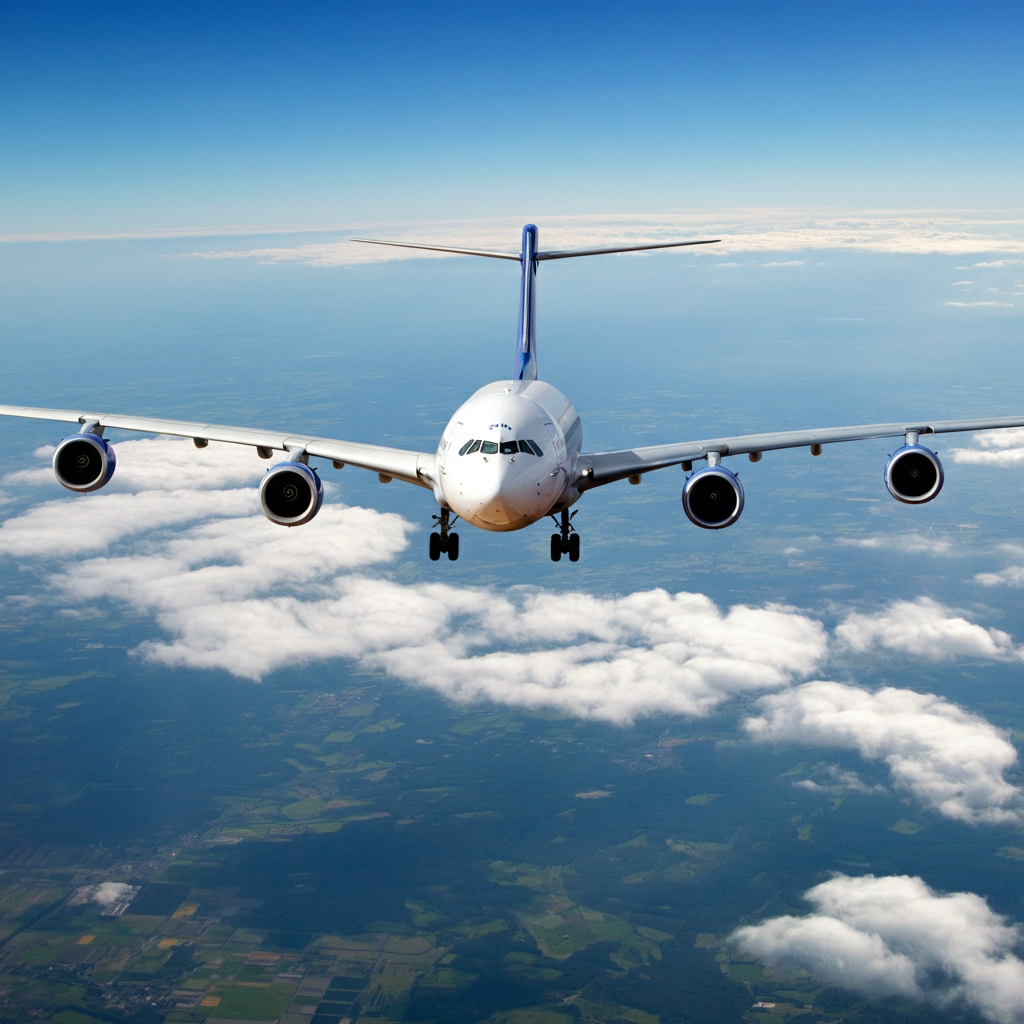

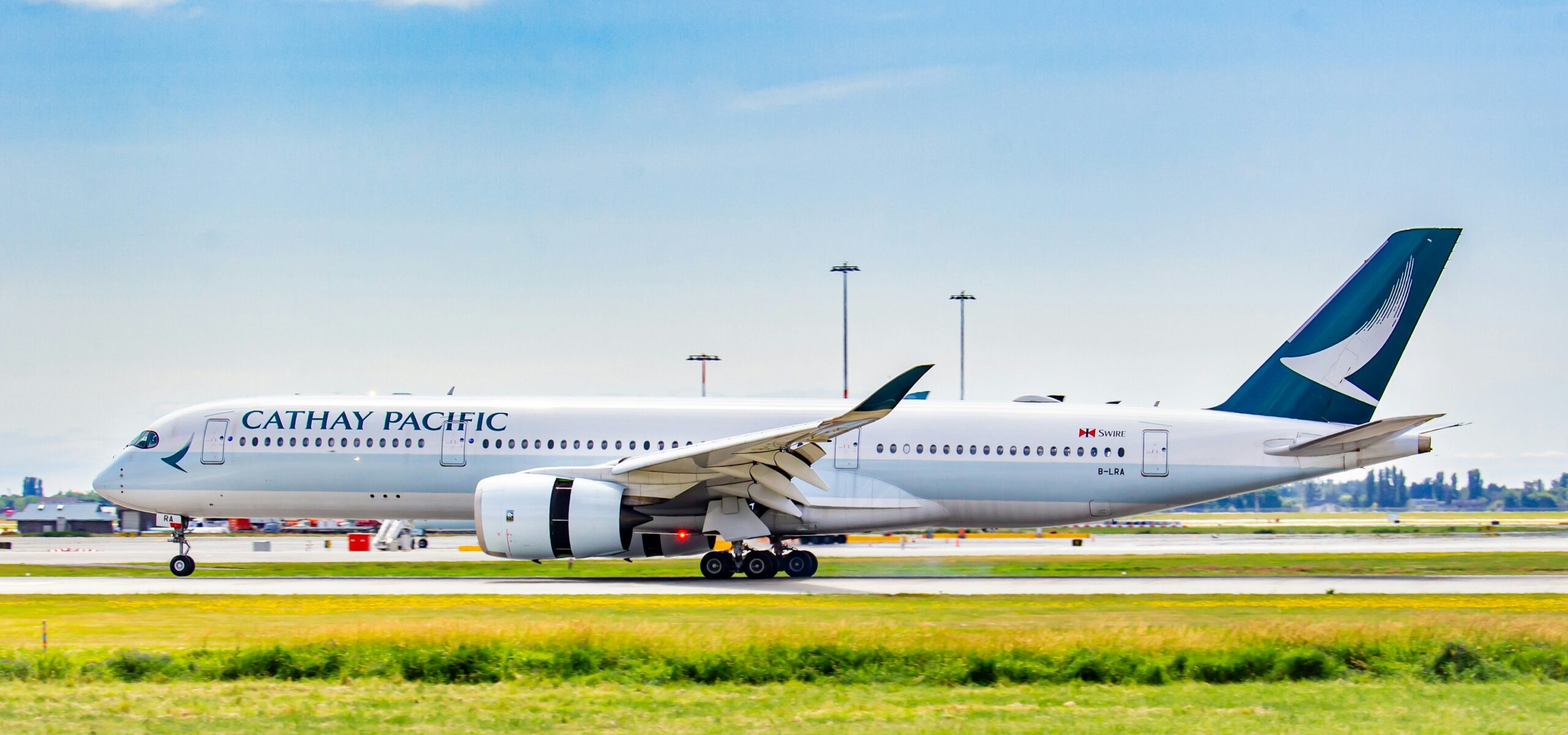
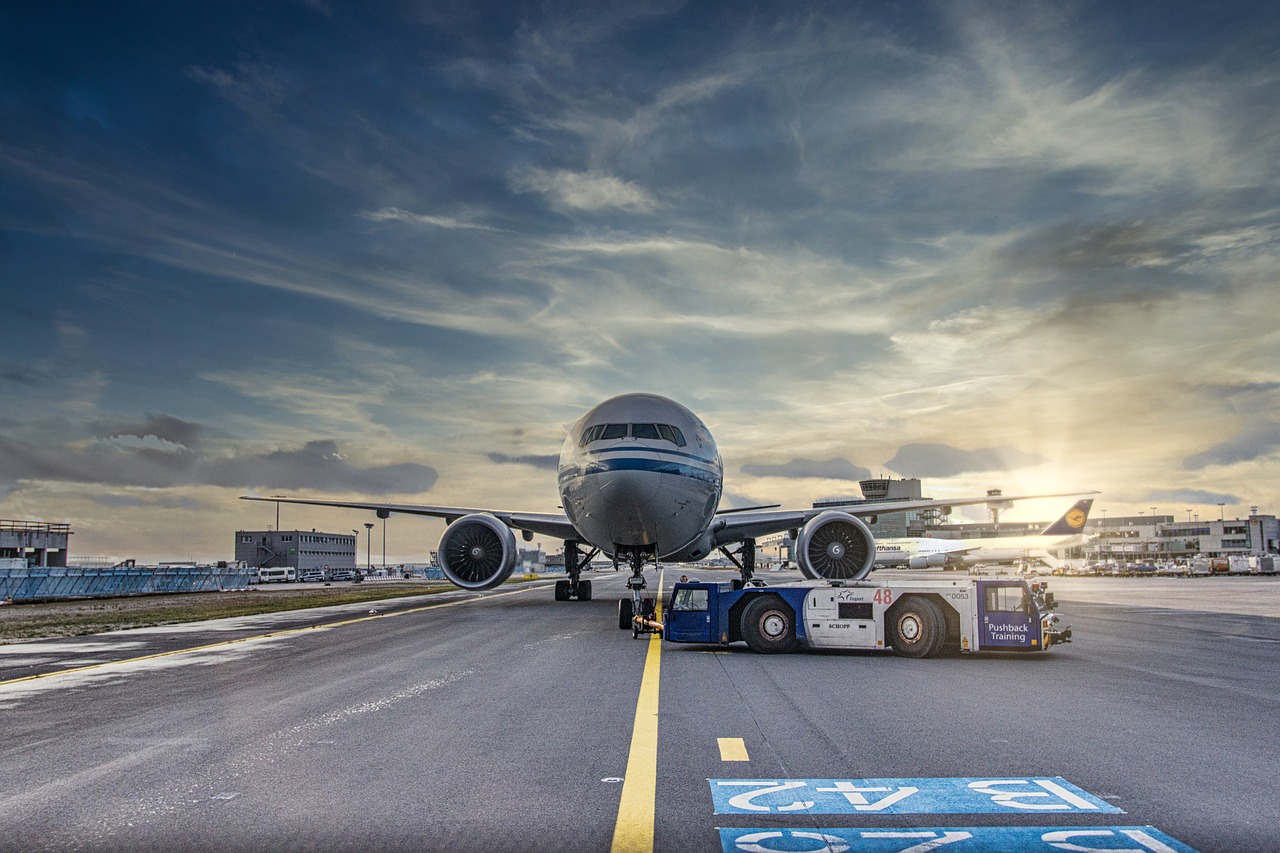
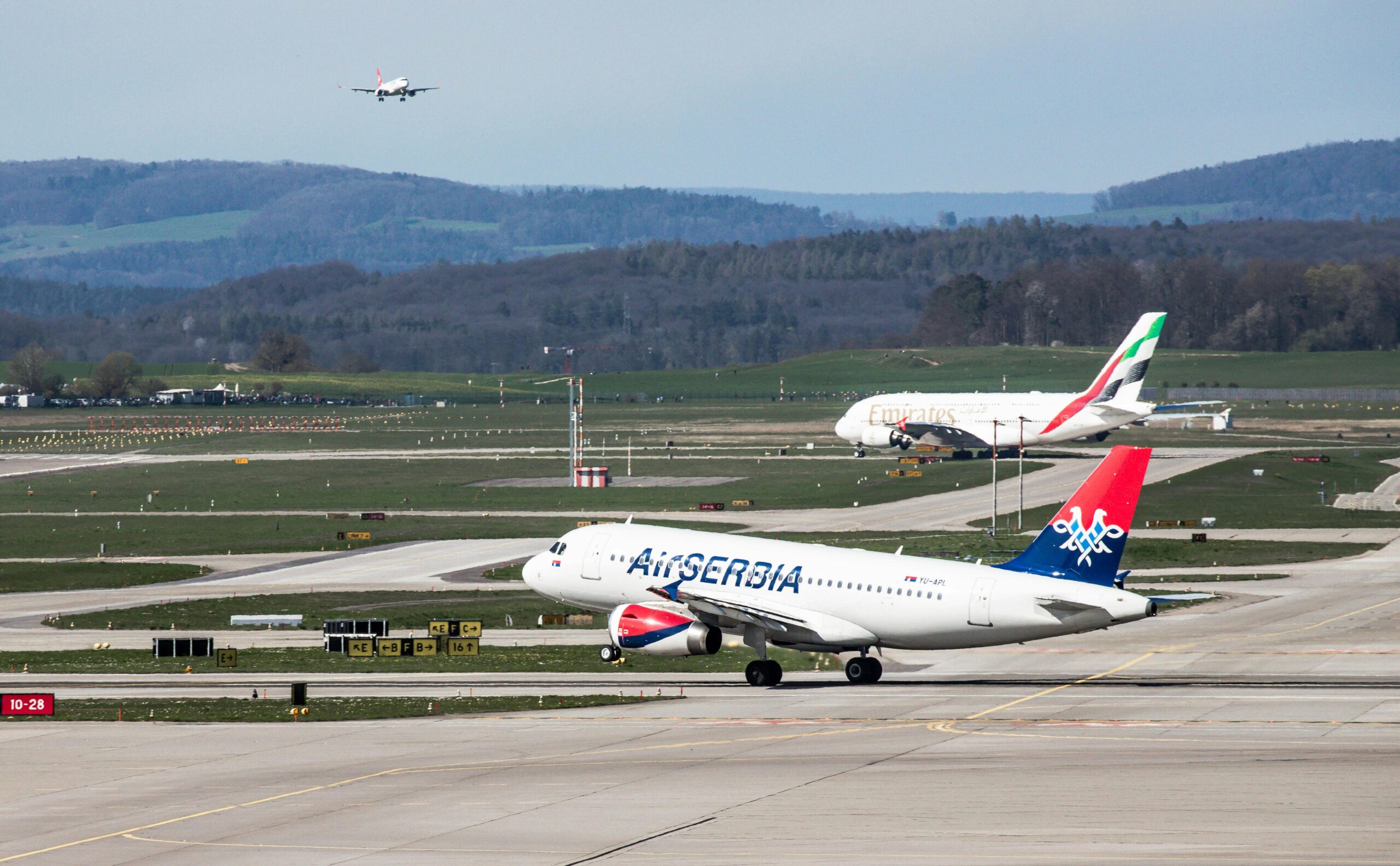
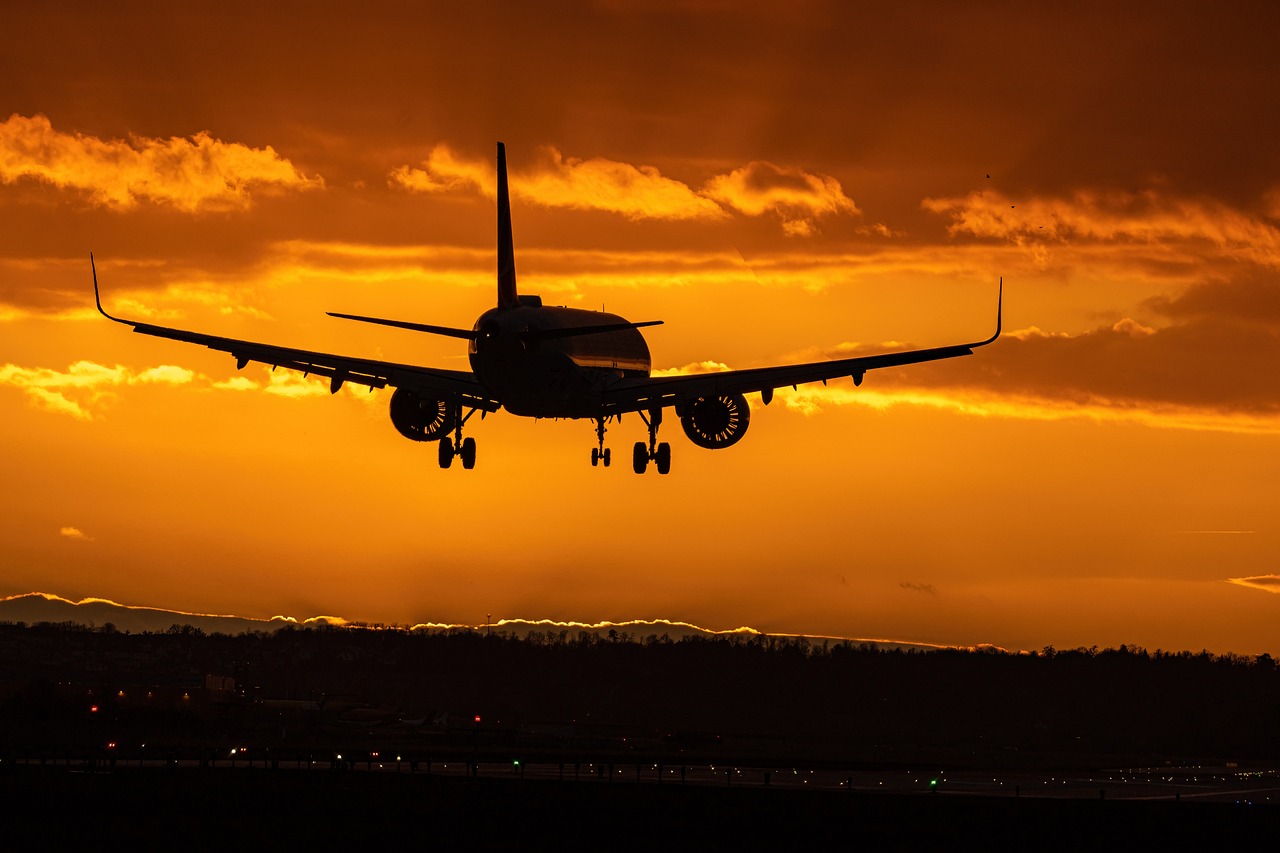
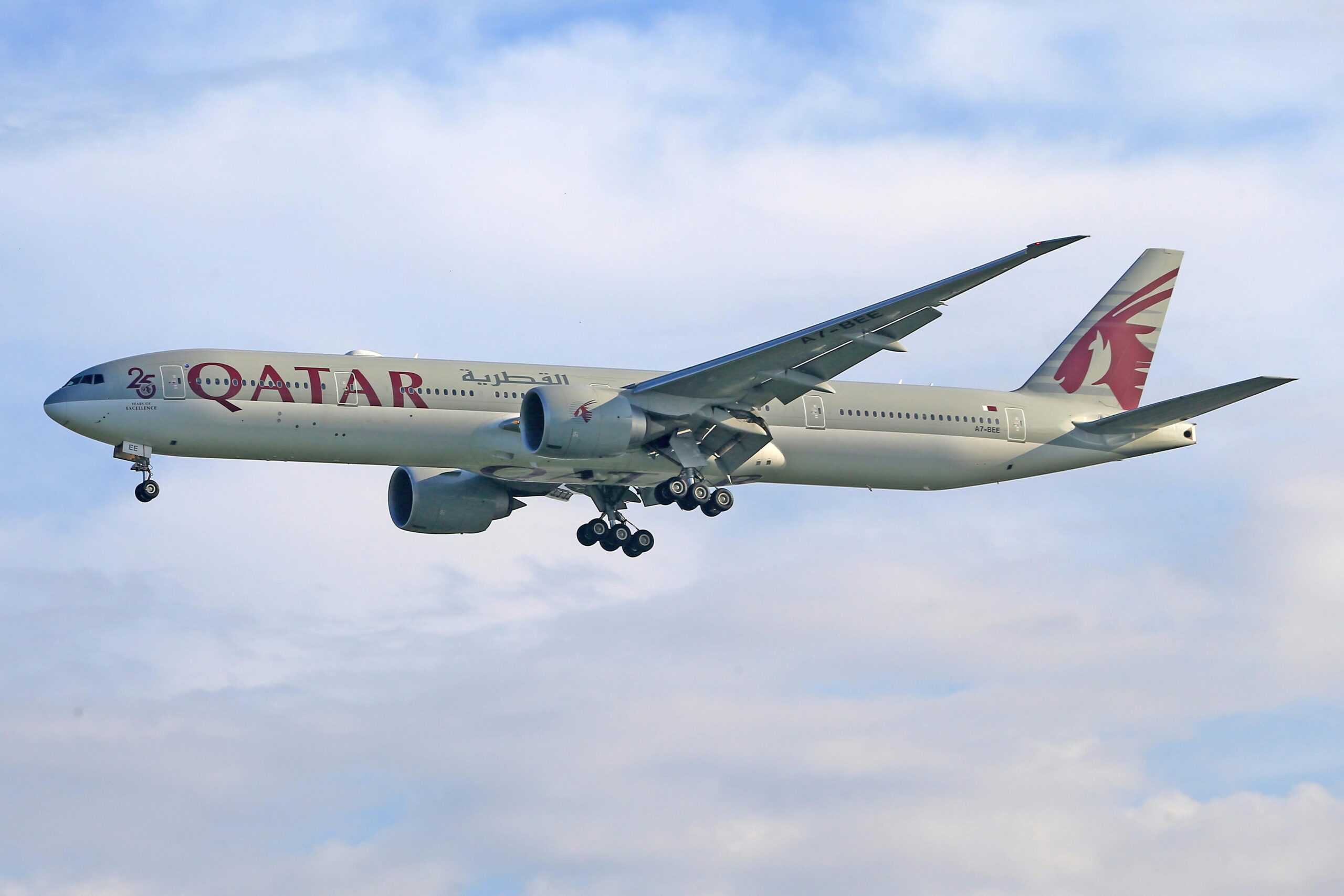




Leave a Reply